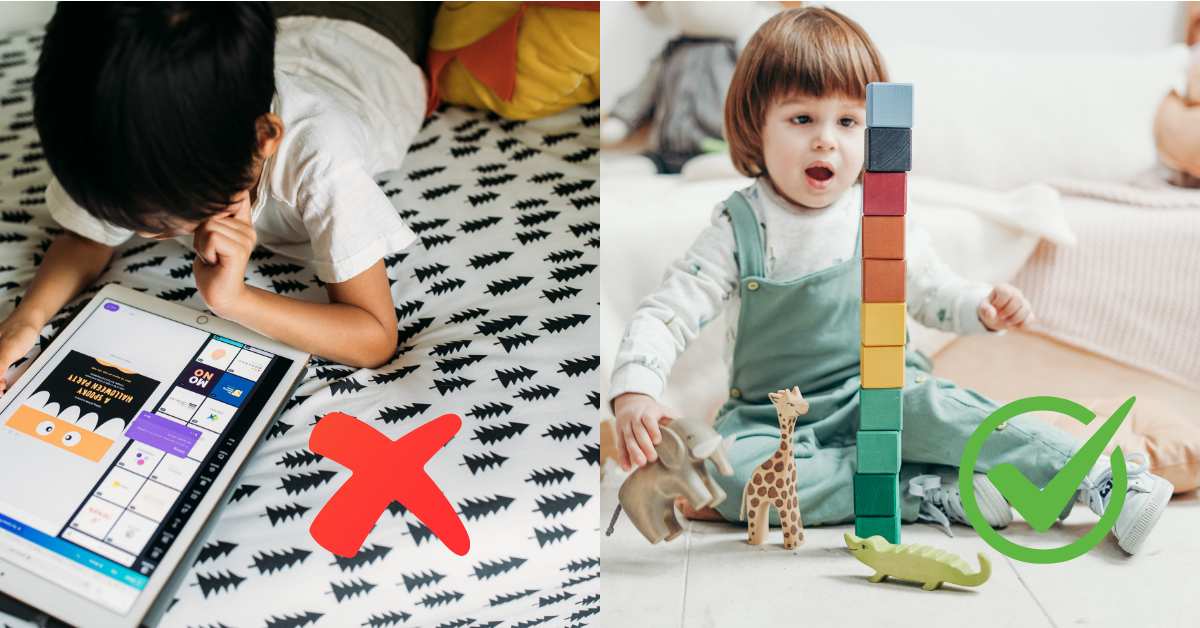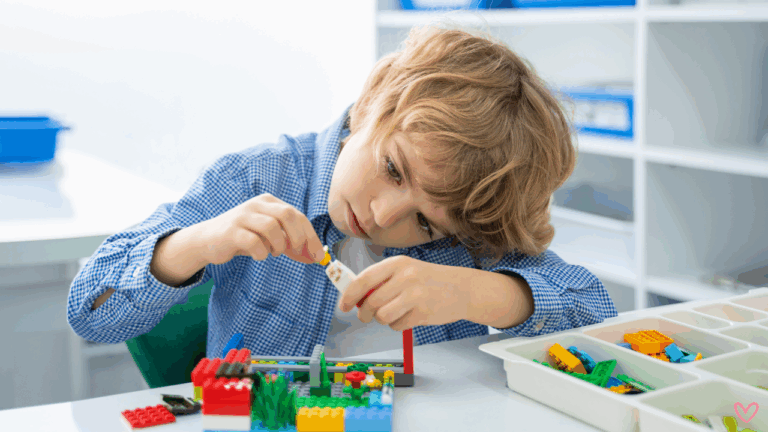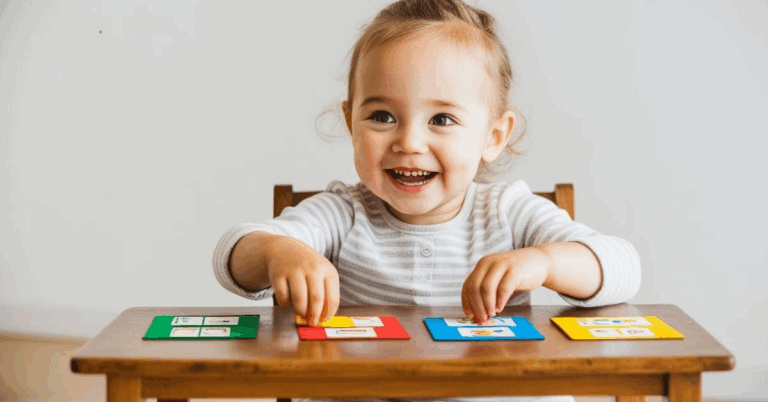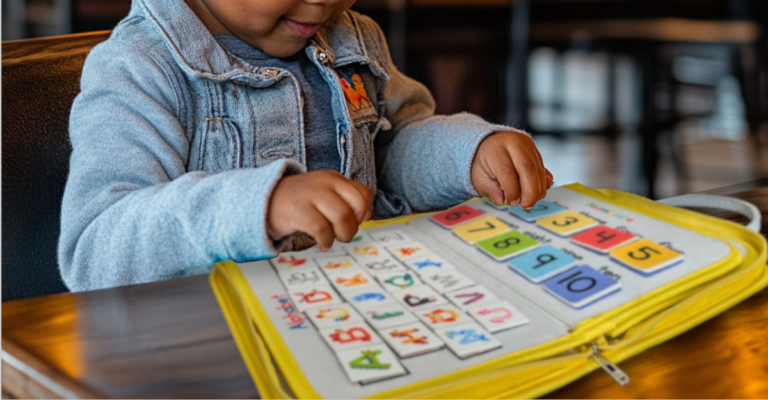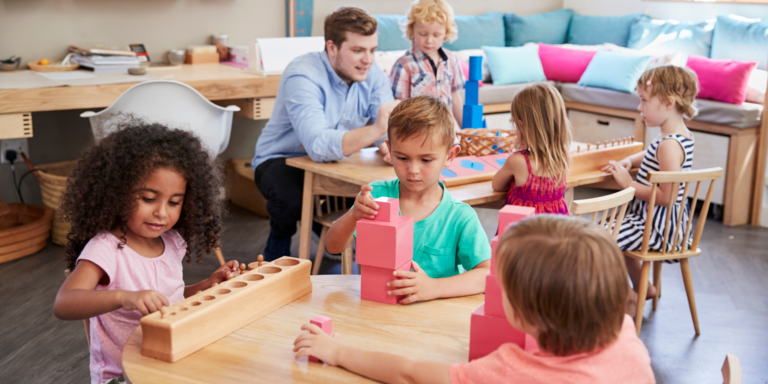Nurturing Creativity and Development in Children
In today’s digital age, screens are ever-present in our daily lives. While technology offers many advantages, it’s essential to balance screen time with unplugged play, especially for children. Unplugged play refers to activities that don’t rely on electronic devices and instead foster creativity, problem-solving, and social interaction. We believe in the transformative benefits of unplugged play, and here’s why
- Stimulates Creativity and Imagination
Unplugged play encourages children to create their own worlds, stories, and solutions. Unlike passive screen time, activities like building with blocks, crafting, or engaging with Montessori-inspired toys require children to think, imagine, and innovate. For example, felt busy books—designed with open-ended play in mind—provide endless possibilities for creative exploration.
- Enhances Cognitive and Problem-Solving Skills
Screen-free activities often require active engagement and critical thinking. Puzzles, matching games, and tactile activities promote spatial awareness, memory, and logical reasoning. When children play without pre-set rules from an app or video game, they learn to navigate challenges independently and develop essential problem-solving skills.

- Improves Fine Motor Skills
Hands-on play, like fastening buttons, threading beads, or assembling shapes, helps develop fine motor skills. These activities strengthen hand-eye coordination, dexterity, and precision, laying a foundation for essential life skills such as writing, drawing, and using tools.

- Supports Emotional Regulation and Focus
Unplugged play often involves tasks that require patience and sustained attention. Whether it’s completing a page in a busy book or stacking blocks into a tower, children learn to focus, manage frustration, and experience the joy of accomplishment. These moments are vital for building emotional resilience and mindfulness.
- Encourages Social Interaction and Cooperation
Group play, particularly with unplugged toys, fosters collaboration, communication, and empathy. Without the distraction of screens, children engage more deeply with peers or family members, strengthening relationships and developing essential social skills.

- Promotes a Healthy Relationship with Technology
By setting aside dedicated time for unplugged activities, children learn the value of balance. They become less dependent on screens for entertainment and more inclined to seek out creative, hands-on play. This balance is crucial in developing healthy habits that can last a lifetime.
How We Support Unplugged Play
We are passionate about creating screen-free, educational toys that inspire curiosity and imagination. Our felt busy books are thoughtfully designed to provide engaging activities for children aged 3 to 6, encouraging creativity, independence, and developmental growth.
Unplugged play isn’t just about avoiding screens; it’s about giving children the space to explore, imagine, and grow in ways that technology simply cannot replicate. By incorporating more unplugged activities into your child’s routine, you are investing in their cognitive, emotional, and social development—helping them thrive in a connected but balanced world.

